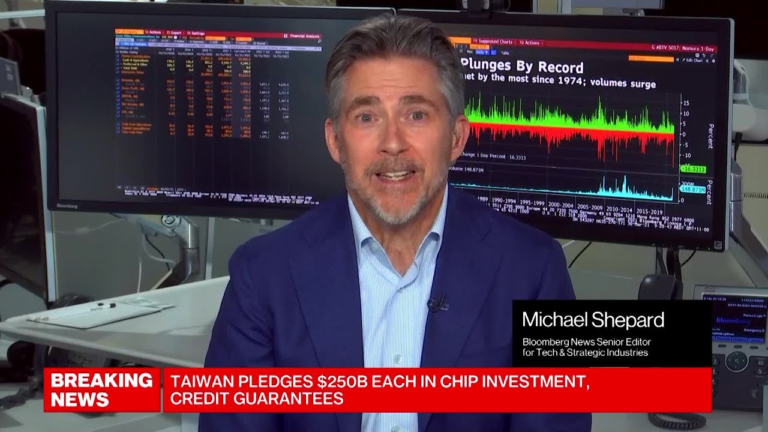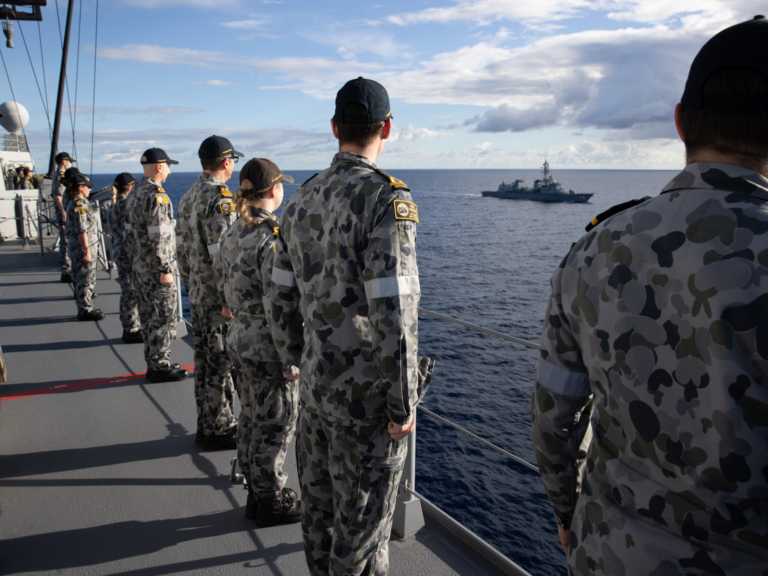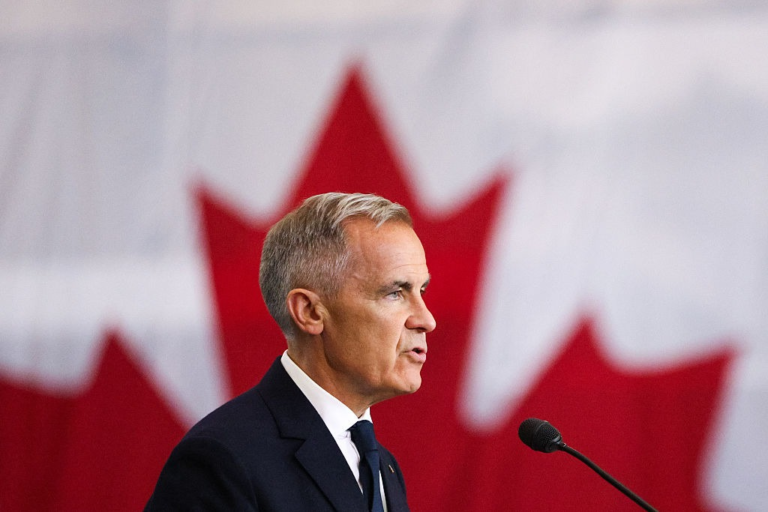
The latest personnel changes in the Chinese military show that Xi Jinping is seeking to tighten control by bringing its political apparatus under the authority of its disciplinary arm. The appointments also demonstrate his ongoing efforts to purge factionalism from the military.
The sweeping changes suggest that the Chinese military still struggles with corruption and instability, to the detriment of its combat readiness.
The specific evidence of Xi’s intention to tighten control of the military’s political organisation are his expulsion of its chief and his promotion of a discipline inspection official to the position of vice chair of the Central Military Commission (CMC), the body that has overall control of the armed forces. The discipline inspection commission of a Chinese government organisation enforces party rules and internal party discipline. This notably extends to catching corrupt officials.
Last month, nine active-duty generals were accused of serious violations and expelled from the party and the military, including CMC vice chairman He Weidong, director of the Political Work Department Miao Hua and commander of the paramiliary People’s Armed Police Wang Chunning. Soon after, during the Fourth Plenary Session of the 20th Central Committee, Zhang Shengmin, secretary of the CMC Discipline Inspection Commission, was promoted to the position of CMC vice chair, restoring the dual vice-chairman structure of a political cadre paired with a military officer (Zhang Youxia).
Born in 1958 in Shaanxi Province, Zhang Shengmin served in the Second Artillery (now the People’s Liberation Army Rocket Force) before briefly working in the PLA’s General Political Department. In 2016 he became political commissar of the Logistics Support Department, and in 2017 he was appointed secretary of the CMC Discipline Inspection Commission, joining the CMC at the 19th Party Congress.
Zhang’s continued presence in the CMC after the 20th Congress is closely linked to his supervisory role in the military. Since the 18th Congress, he has overseen the purge of many senior officers. Beyond corruption and misconduct, this must reflect deep political struggles in the armed forces. Although a military coup is unlikely, factionalism and self-serving networks remain pervasive in the armed forces, and the recent expulsion of the Political Work Department chief Miao Hua is significant.
A second-generation military cadre, Miao Hua served in army units and then as the navy’s political commissar before being appointed director of the Political Work Department at the 19th Party Congress. His failure to advance further suggests political constraints. During the 2015 military reforms, the CMC separated the Discipline Inspection Commission from the General Political Department to prevent political cadres from monopolising personnel appointments, supervision and counter-intelligence. However, the department’s subsequent two directors, including Miao Hua, have fallen from grace, and many of their associates, including recently expelled CMC vice chairman He Weidong, have also been removed. These cases presumably stem largely from factional alliances built on mutual benefit and promotion control.
Serious factionalism with the military’s political system evidently created the opportunity for Zhang Shengmin’s rise. In July, the Ministry of National Defense issued regulations titled ‘On vigorously promoting fine traditions and fully eliminating toxic influences to reshape the image and prestige of political cadres’. The document emphasised political loyalty, integrity, fairness in personnel management and leading by example. Recent sweeping personnel changes are likely to trigger a reshuffle within the military’s political apparatus. With Zhang’s promotion, the disciplinary organisation may now dominate political and personnel management, replacing the monopoly of the Political Work Department.
Xi’s long-standing concern has presumably been that the former General Staff and General Political Departments wielded excessive centralised power. The 2015 reforms reorganised the command structure by separating combat theatres and force-building services and by creating new service branches. The CMC Discipline Inspection Commission was made independent and placed on equal footing with the Political Work Department to prevent unilateral control over appointments. Yet the Political Work Department remained largely unchecked, presumably worsening factionalism. Its leaders, including Miao Hua, retained immense influence over promotions, rivaling the grip that former CMC vice chairman Xu Caihou once held.
This is evidently why Xi has accelerated leadership turnover, particularly within the political work system, promoting Zhang Shengmin—with his experience in military discipline inspection—to the vice chair. The appointment signifies Xi’s intent to dismantle the entrenched political work hierarchy and replace it with a supervision-based structure centered on the disciplinary apparatus, effectively merging political work and discipline enforcement under one authority led by the CMC Discipline Inspection Commission.
Following the Fourth Plenum, Xi’s unshakable control over the military is reaffirmed. Rumors of potential coups appear implausible. The new military leadership’s primary mission is not necessarily to prepare for conflict over Taiwan; instead, it is probably to ensure the full implementation of Xi’s directives.
Looking ahead to the 21st Party Congress in 2027, this new structure will allow Xi to maintain political influence even if he no longer holds formal titles as general secretary, president or CMC chair—because he’ll control the generals who dominate the CMC.
Meanwhile, from a military capability perspective, elevating a discipline inspection official like Zhang Shengmin to such a high position is rare globally, and suggests that corruption within the Chinese military remains unresolved. Despite multiple purges and institutional reforms, recurring instability in the personnel system raises questions about the real combat readiness and cohesion of China’s armed forces.





